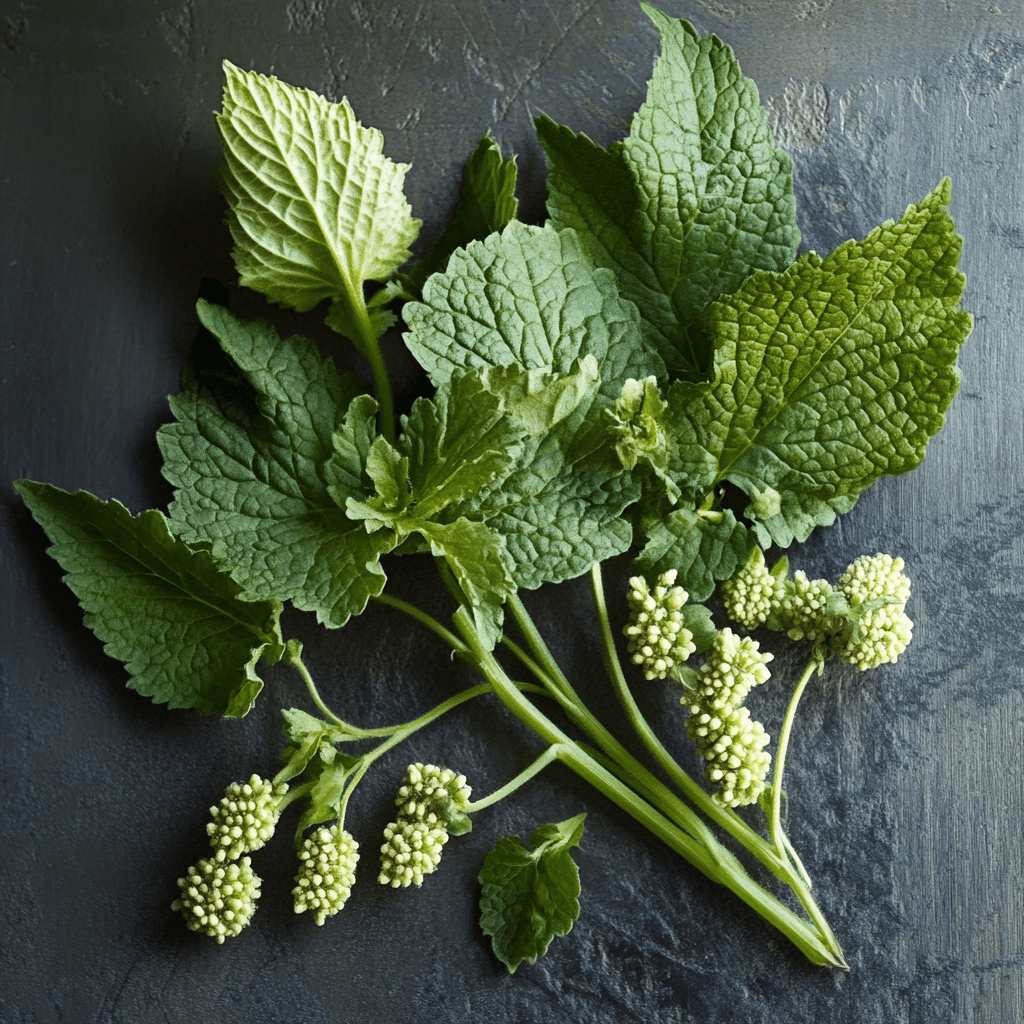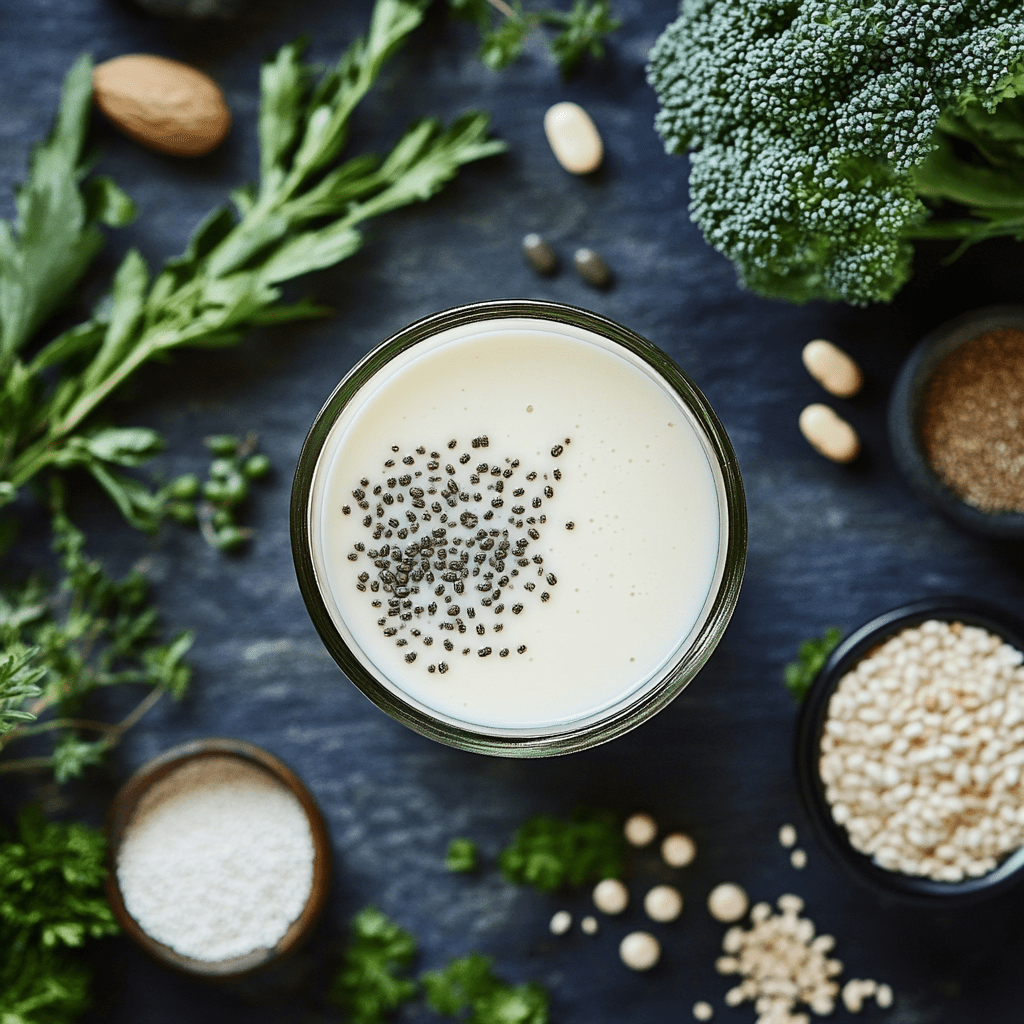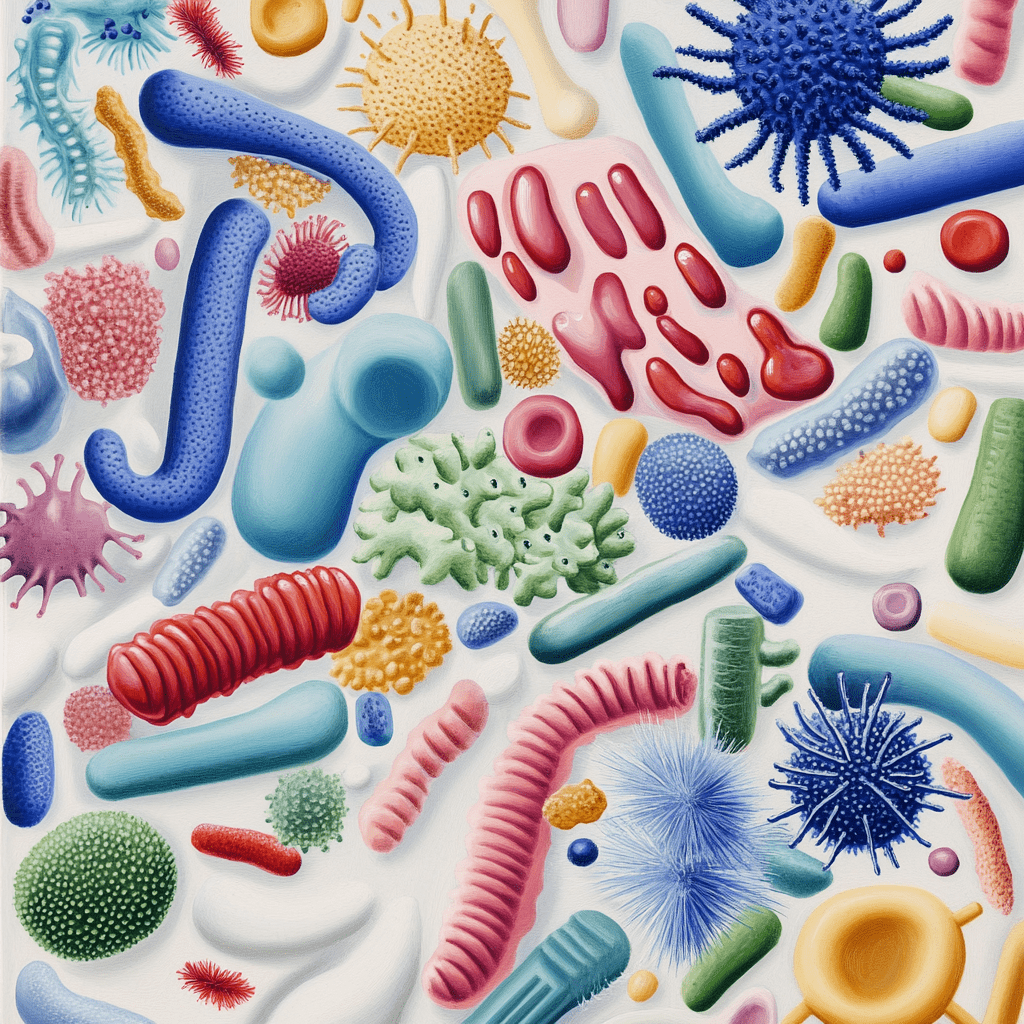How to Combat Seasonal Allergies Naturally
As spring 2025 approaches, many of us are bracing for the onslaught of seasonal allergies. The blooming flowers and warmer weather are a welcome change, but for allergy sufferers, they often come with sneezing, itchy eyes, and a runny nose. While over-the-counter medications are readily available, more people are turning to natural remedies to alleviate their symptoms. This comprehensive guide will explore effective ways to combat seasonal allergies using natural methods, helping you enjoy the beauty of spring without the discomfort.
Note: This post contains affiliate links. If you purchase through these links, I may earn a small commission at no extra cost to you. Thank you for supporting my blog! As an Amazon Associate I earn from qualifying purchases.
Understanding Seasonal Allergies
Seasonal allergies, also known as hay fever or allergic rhinitis, occur when our immune system overreacts to airborne substances like pollen, grass, or mold spores. This reaction triggers the release of histamines, causing symptoms such as sneezing, runny nose, itchy eyes, and congestion. While medications can provide relief, they often come with side effects like drowsiness or dry mouth. By addressing these reactions naturally, we can reduce our reliance on synthetic medications and support our overall health.
Natural Remedies for Allergy Relief
Here are some of the most effective natural remedies to help you combat seasonal allergies:


1. Local Honey: Nature’s Allergy Fighter
Consuming local raw honey is a popular natural remedy for allergies. The theory suggests that exposure to small amounts of local pollen in honey can help desensitize your body over time. Think of it as a natural form of immunotherapy.
- How to Use: Start with a tablespoon of local honey daily, preferably a few weeks before allergy season begins.
- Tip: Look for raw, unfiltered honey from local beekeepers or farmers’ markets.

2. Herbal Supplements
Several herbs have shown promise in alleviating allergy symptoms:
- Butterbur: This herb has anti-inflammatory properties and may be as effective as some antihistamines.
- Stinging Nettle: Known for its ability to reduce nasal congestion and itching, stinging nettle can be consumed as a tea or supplement.
- Quercetin: This flavonoid, found in foods like onions, apples, and berries, may help stabilize histamine release.

3. Nasal Irrigation
Using a neti pot or saline nasal spray can effectively flush out allergens and reduce nasal congestion. This simple technique helps clear your nasal passages, providing immediate relief from symptoms.
- How to Use: Mix a saline solution (distilled water and salt) and use a neti pot to rinse your nasal passages.
- Tip: Always use distilled or boiled water to avoid infections.

4. Essential Oils
Certain essential oils can help alleviate allergy symptoms:
- Eucalyptus Oil: Known for its anti-inflammatory properties, eucalyptus can help clear nasal passages.
- Peppermint Oil: This oil may help relieve nasal congestion and headaches associated with allergies.
- How to Use: Add a few drops of essential oil to a diffuser or a bowl of hot water for steam inhalation.


5. Dietary Changes
Incorporating anti-inflammatory foods into your diet can help reduce allergy symptoms:
- Probiotics: Found in fermented foods like yogurt and kefir, probiotics may help boost your immune system.
- Vitamin C-rich Foods: Citrus fruits, berries, and leafy greens can help reduce histamine levels.
- Omega-3 Fatty Acids: Found in fish and flaxseeds, these can help combat inflammation.
6. Acupuncture
Some studies suggest that acupuncture may help alleviate allergy symptoms by regulating the immune system’s response. Consider consulting a licensed acupuncturist for this treatment.
Lifestyle Changes to Reduce Allergy Exposure
While natural remedies can provide relief, preventing exposure to allergens is equally important. Here are some strategies to minimize your contact with allergens:
1. Monitor Pollen Counts
Stay informed about daily pollen levels in your area. When counts are high, limit your outdoor activities, especially in the early morning when pollen levels peak.

2. Create an Allergy-Free Home Environment
- Use air conditioning and keep windows closed during high pollen days.
- Invest in a high-efficiency particulate air (HEPA) filter for your bedroom.
- Regularly clean your home to remove dust and allergens.
3. Practice Good Hygiene
After spending time outdoors, shower and change your clothes to remove any pollen that may have accumulated.
4. Wear Protection
When working outdoors, wear a face mask to reduce pollen inhalation.
Hydration and Steam Therapy
Staying well-hydrated helps thin mucus secretions, making it easier to clear allergens from your nasal passages. Additionally, steam therapy can provide quick relief:
- Take hot showers to clear nasal passages.
- Use a facial steamer or inhale steam from a bowl of hot water, optionally adding a few drops of eucalyptus oil.
Natural Antihistamines
Some foods and supplements act as natural antihistamines:
- Bromelain: An enzyme found in pineapple, bromelain may help reduce nasal swelling.
- Spirulina: This blue-green algae has anti-inflammatory properties that may help with allergy symptoms.
The Importance of Stress Management
Stress can exacerbate allergy symptoms by weakening the immune system. Incorporate stress-reduction techniques into your daily routine:
- Practice meditation or deep breathing exercises.
- Engage in regular physical activity.
- Ensure you get adequate sleep each night.
When to Seek Professional Help
While natural remedies can be effective, it’s important to consult with a healthcare provider if your symptoms are severe or persistent. They can help determine if you need additional treatment or if your symptoms might be indicative of a more serious condition.
Conclusion
Combating seasonal allergies naturally involves a multifaceted approach. By incorporating these natural remedies and lifestyle changes, you can significantly reduce your allergy symptoms and enjoy the spring season to its fullest. Remember, what works best may vary from person to person, so be patient and willing to experiment with different combinations of these natural strategies.
As we embrace the beauty of spring 2025, let’s do so with clear sinuses and bright eyes, naturally combating our seasonal allergies with the power of nature and mindful living. Your body will thank you for choosing these gentler, more holistic approaches to allergy relief.
My Personal Favorites: Affiliate Recommendations
Here are some of my go-to products that have helped me manage seasonal allergies naturally:
Note: This post contains affiliate links. If you purchase through these links, I may earn a small commission at no extra cost to you. Thank you for supporting my blog! As an Amazon Associate I earn from qualifying purchases.
- Local Raw Honey: Kelley’s Local Texas Raw is a staple in my pantry. It’s delicious and helps build immunity to local pollen. (Affiliate link: click here)
- HEPA Air Purifier: LEVOIT’s air purifier has been a game-changer for keeping my home allergen-free. (Affiliate link: click here)
- Essential Oil Diffuser: LEVOIT’s diffuser is perfect for creating a calming, allergy-friendly environment. (Affiliate link: click here)
Note: This post contains affiliate links. If you purchase through these links, I may earn a small commission at no extra cost to you. Thank you for supporting my blog! As an Amazon Associate I earn from qualifying purchases.
By incorporating these tips and products into your routine, you’ll be well on your way to enjoying spring without the sneezes. 🌸✨


